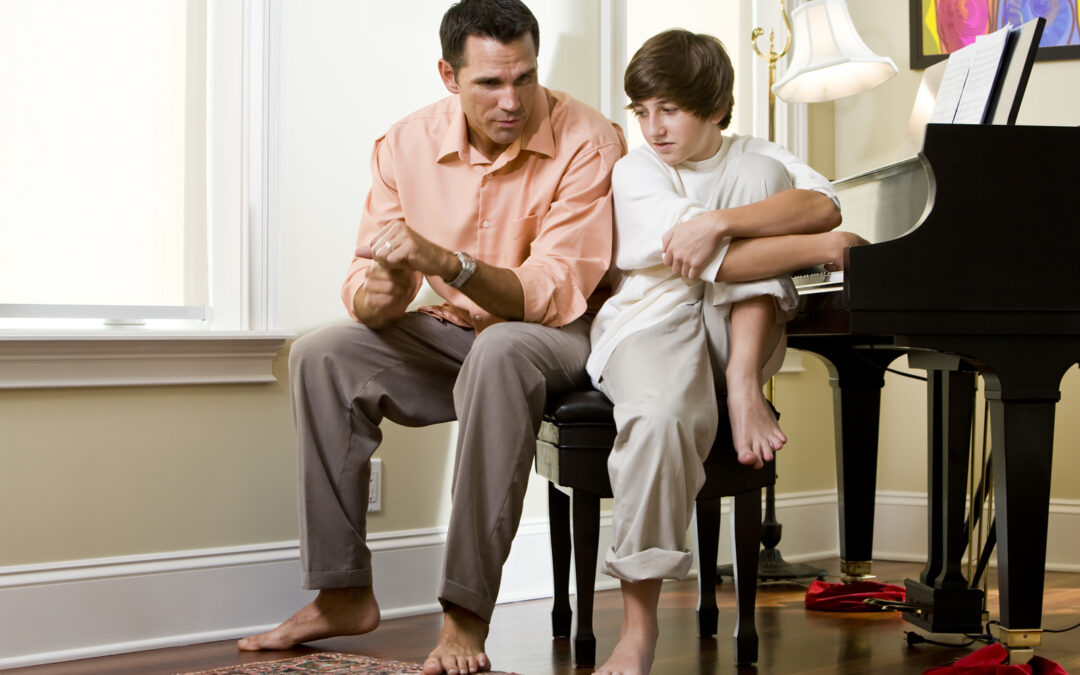May is mental health awareness month and I would like everyone to have a conversation with someone about mental health. Let’s be honest, we all may be struggling right now to maintain our mental health, so these discussions might be more crucial than ever. Mental health and mental illness are surrounded by stigma, which leads to great harm when debilitating symptoms are not treated. Through conversations, we can lower the stigma and increase the functioning of those who struggle and reduce the number of deaths caused by suicide.
In January of this year, the Wellness & Prevention Center (WPC) gathered a group of teens to discuss their mental wellness and how adults could improve their support for youth. The main outcome of this meeting was the discovery that teens do not think adults are very good listeners and that they are very reluctant to discuss mental health. In response, and with the help of Limerent Communications, Orange County Health Care Agency (OCHCA), Behavioral Health Services, Prevention & Intervention, and Mental Health Services Act/Prop 63, the WPC is launching a campaign to encourage parents and teens to have “The Talk” about mental health.
In the United States, 1 in 5 teens live with a mental health condition and less than half are receiving the support that they need. Many youth report that they are scared, their concerns are often ignored, and parents tell them it will pass or that this is just part of being a teen. These reactions show that there is a gap in understanding the mental health challenges young people face.
As part of this campaign, we would like to help you with some tips for conversations with the people you love (this is not just about parents and teens it is about anyone you care for).
Here are a few tips for having “The Talk”:
(from https://www.mentalhealthfirstaid.org/2017/06/5-tips-talking-teenager/)
- Be genuine. This means sharing your own fears and discomfort discussing this topic.
- Be careful about using slang and negative language about mental health. This only enhances stigma surrounding mental health and addiction.
- Allow for silence. Allow time for a response. Be inquisitive and ask your teen or loved one to educate you about their level of awareness about the diseases of mental health and how to take care of one’s mental wellbeing.
- Switch up the setting. You probably already know how, when, and where you best connect to your child or loved one. Honor that comfort zone and have one-on-one conversations in the most comfortable setting. Be sure to put the phones away during these important discussions.
- Don’t trivialize their feelings. These are the main complaints from the youth we spoke with: “Adults tell us it is just a phase.” “They tell me to just go outside and do something.” “Parents think we have it easy and we should not have any mental health problems.”
Our hope for this campaign is that we can reduce the stigma surrounding the diseases of mental health. By increasing conversation and gaining knowledge, our community can increase the number of people who seek treatment and can be mentally well. No one should feel ashamed of something beyond their control. No one chooses to have a mental illness, just like no one chooses to have a physical illness. Please commit to have “The Talk” with the people you love.
If you or someone you know is struggling during this crisis, please reach out for help. The Wellness & Prevention Center can direct you to resources and/or provide support – info@www.wpc-oc.org, 949-680-0516. Crisis Text Line 741741. Suicide Prevention Hotline 1-800-273-8255.
For up to date information on activities and support of teens, join our Facebook group: ParentingSouthOCTeens
Lauren Gallegos, ACSW is the Community Prevention Director at the Wellness & Prevention Center. She leads the Wellness & Prevention Coalition and cares deeply about the mental health of fellow community members. You can reach Lauren at lauren@www.wpc-oc.org.
